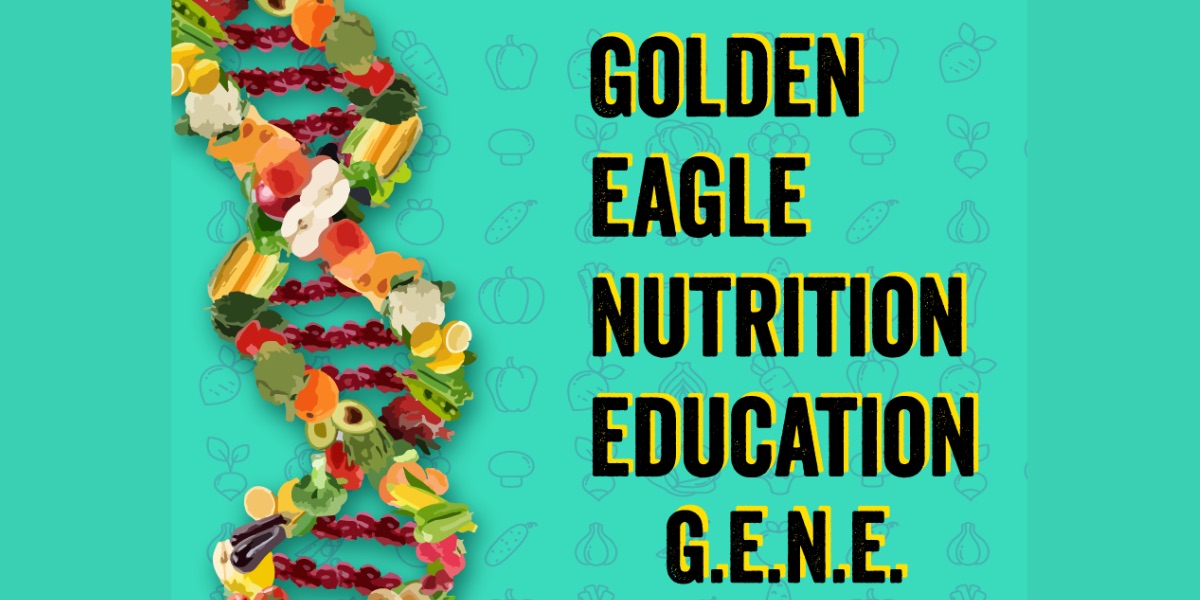Recreation assessed their Golden Eagle Nutrition Education (GENE) program, personalized nutrition education sessions provided by Cal State LA Nutritional Science students and available to students, staff, and faculty. Student coaches teach participants about nutrition, the science of mindfulness and habit change. Nutrition coaches act as supportive mentors who offer individual feedback and encouragement concerning food and lifestyle changes.
336 students signed up for the GENE program.
The Golden Eagle Nutrition Education (GENE) program connects with the Health and Well-being domain by engaging the Cal State LA community in nutrition practices that can last a lifetime. GENE coaches help clients identify barriers, behaviors, and strategies to improve their approach toward nutrition, while honoring the client as the expert in their life. Specifically, GENE builds mindfulness through addressing cultural barriers to nutrition counseling, discussing food choices, family traditions, and promoting a non-diet, body inclusive approach in sessions.
Learning Outcomes for Mentors:
- Outline a scope of practice for health coaches as compared to registered dietitians.
- Discuss the importance of establishing trust, building rapport, and demonstrating empathy.
- Identify 5 evidence-based motivational interviewing skills and use them to support client/RDN collaborations.
- Apply behavior modification principles in coaching sessions.
- Develop and test education resources during coaching sessions.
What stands out is the number of students who engage in the program. It has grown significantly since its inception in fall 2020. This program successfully got students into sessions and developed the peer mentors for graduate education. However, we can be more successful by taking a deeper look into how student mentees are impacted by the sessions.
A limitation to consider is that GENE is still solely offered via Zoom, with no option for in-person sessions. Hosting sessions exclusively online may have been limiting for some, but also expanded opportunities for others. We have not collected feedback on Zoom sessions versus in-person.
The GENE results tell a portion of our department’s story. Primarily, it shows that our collaborative programs have the most participation. Through this program’s data, we hope to show others the potential impact of co-curricular experiential learning when applicable. In this program, student mentors develop valuable, real-world skills in their profession, mentees get evidence-based and culturally relevant nutrition information, and the Recreation department is able to connect participants with additional resources. Programs like GENE can act as a gateway to increased student/staff/faculty engagement if approached correctly.
As a result of this analysis, we are seeking more testimonials and qualitative data to build a story around the quantitative data. We currently ask for this, but there is a low response rate. To collect more, we seek to incentivize it during the fall 23 semester.
